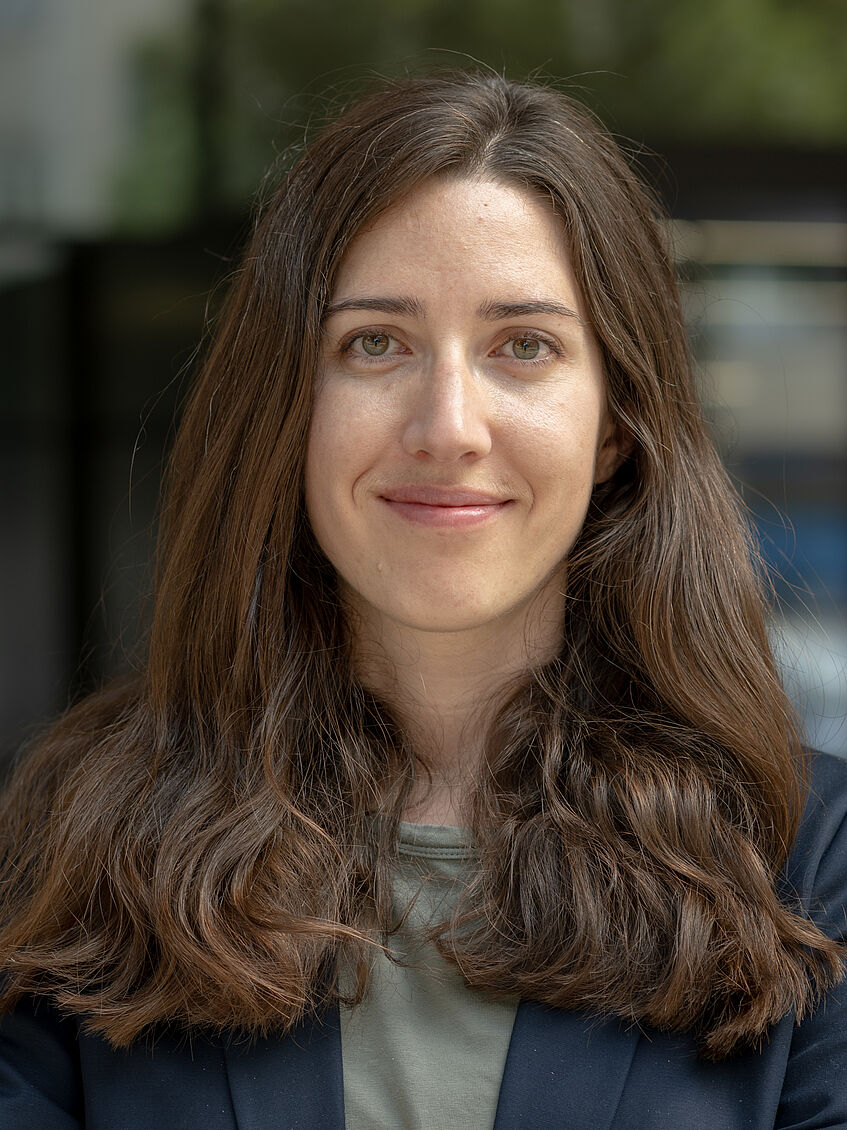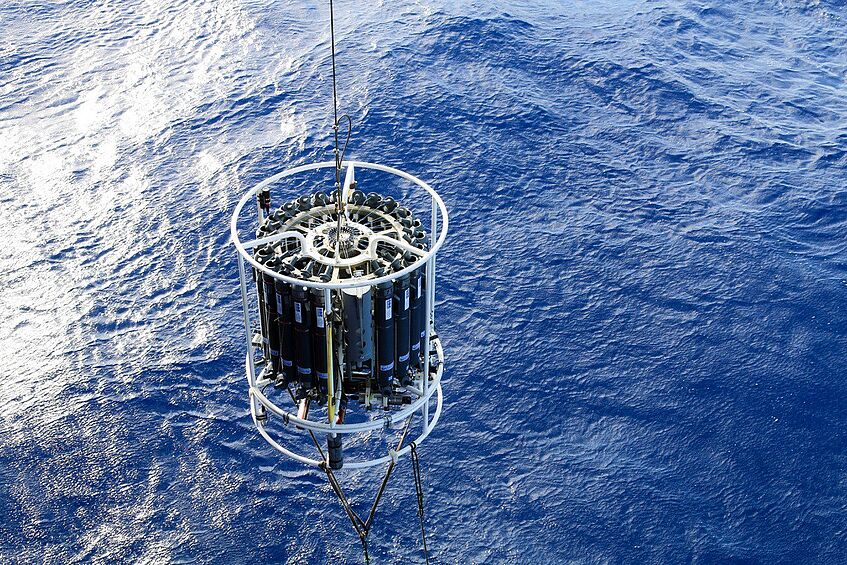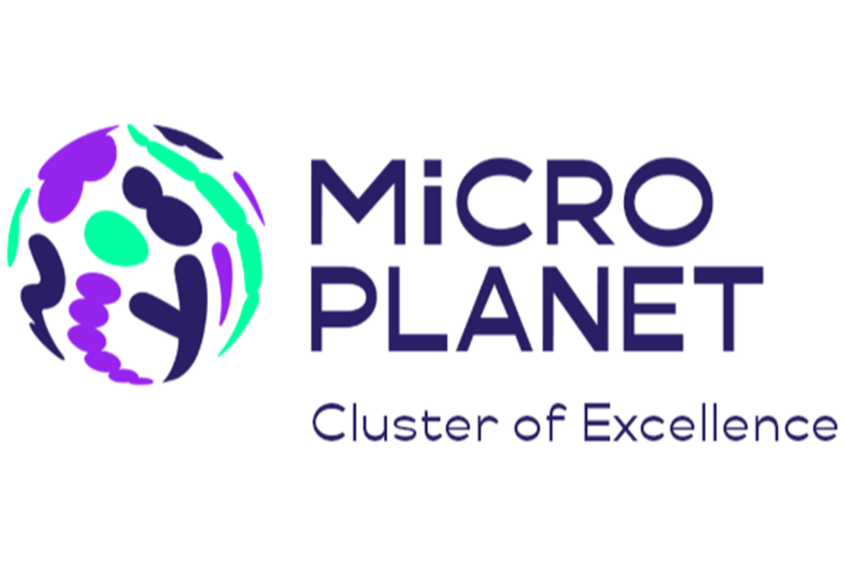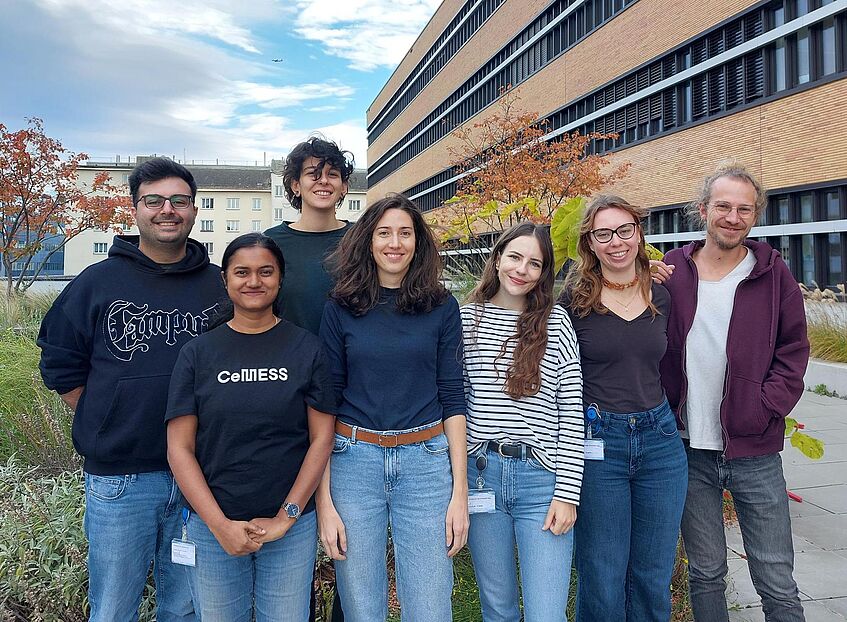Assist.-Prof. Dr. Barbara Bayer

Assistant Professor at the Division of Microbial Ecology
☎ +43 1 4277 91251
Oceans and lakes are home to a plethora of different microorganisms which drive biogeochemical cycles on our planet. Barbara Bayer’s research focusses on the interactions between aquatic microorganisms and their environment and on understanding the environmental regulation of microbial processes that control carbon and nitrogen cycling in the water column.
Barbara and her team combine diverse isotope approaches, cultivation, and multi-omics techniques to quantify biogeochemical processes and identify novel microorganisms and metabolic pathways. Barbara has received an ERC Starting Grant to investigate microbial methane cycling in aquatic ecosystems and has also been granted an Austrian Science Fund (FWF) START Award.
Research Projects
METHANIAQ
Read more about the project "Methane paradox revisited: Unravelling the impacts of eutrophication on microbial methane cycling in aquatic ecosystems (METHANIAQ)"

Cluster of Excellence
Read more about the project "The Effect of Oscillating Environmental Conditions and Perturbations on Microbiomes"


